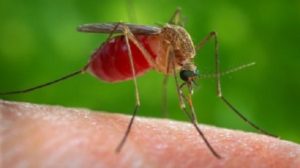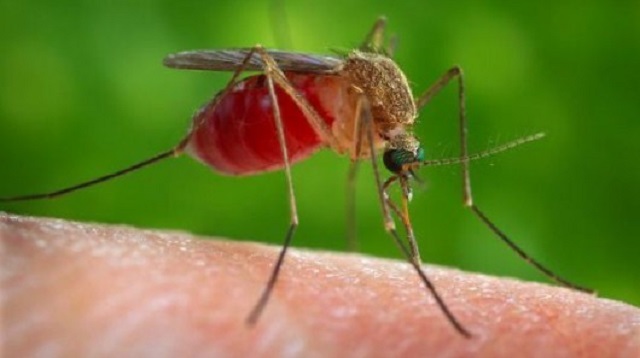
DUPAGE COUNTY—The DuPage County Health Department (DCHD) has confirmed the first human death due to West Nile virus (WNV) infection. A DuPage County resident over the age of 65 who became ill in early September with WNV has died.
There have been 14 human cases reported in DuPage County in 2018.
“The report of a death is a sad reminder that it’s still important to protect yourself, protect your family against West Nile virus,” said Karen Ayala, DCHD Executive Director.
Residents are reminded to “Fight the Bite” and follow the 4 Ds of Defense:
• Drain: Drain those items that collect standing water around your home, yard or business. Scrub and refill pet water dishes and bird baths regularly.
• Defend: Use an insect repellent containing DEET when outdoors and reapply according to directions.
• Dress: Wear long pants, long sleeves and closed toe shoes when outside to cover the skin.
• Dusk to Dawn: Wear repellent outdoors during these prime times for mosquito activity.
The Health Department’s Personal Protection Index (PPI) remains at Level 3 (high risk) because of the number of mosquito batches testing positive for WNV. Level 3 indicates high numbers of infected mosquitoes in most areas, and multiple human cases of WNV disease in DuPage County. View the PPI at dupagehealth.org.
The PPI provides a real-time snapshot of WNV activity, which ranges from Level 0 (zero) meaning no risk, to Level 3 announcing a high level of risk with multiple human cases of WNV. The PPI is updated every Wednesday at 3:00 p.m. throughout the WNV season.
While most people infected with WNV do not develop any symptoms, approximately one in five people infected with WNV will develop symptoms such as fever, headache, body aches, joint pains, vomiting, diarrhea, or rash. Less than one percent will develop a serious neurologic illness such as encephalitis or meningitis (inflammation of the brain or surrounding tissues).
People over the age of 60, and those with certain medical conditions, such as cancer, diabetes, hypertension, kidney disease, and organ transplants are at greater risk for serious illness, and rarely may progress to coma and death.
Anyone who experiences symptoms that cause concern should contact their health care provider.
The Health Department continues to monitor WNV activity by collecting and testing mosquitoes from traps located throughout the county from May through October, the West Nile virus season.

